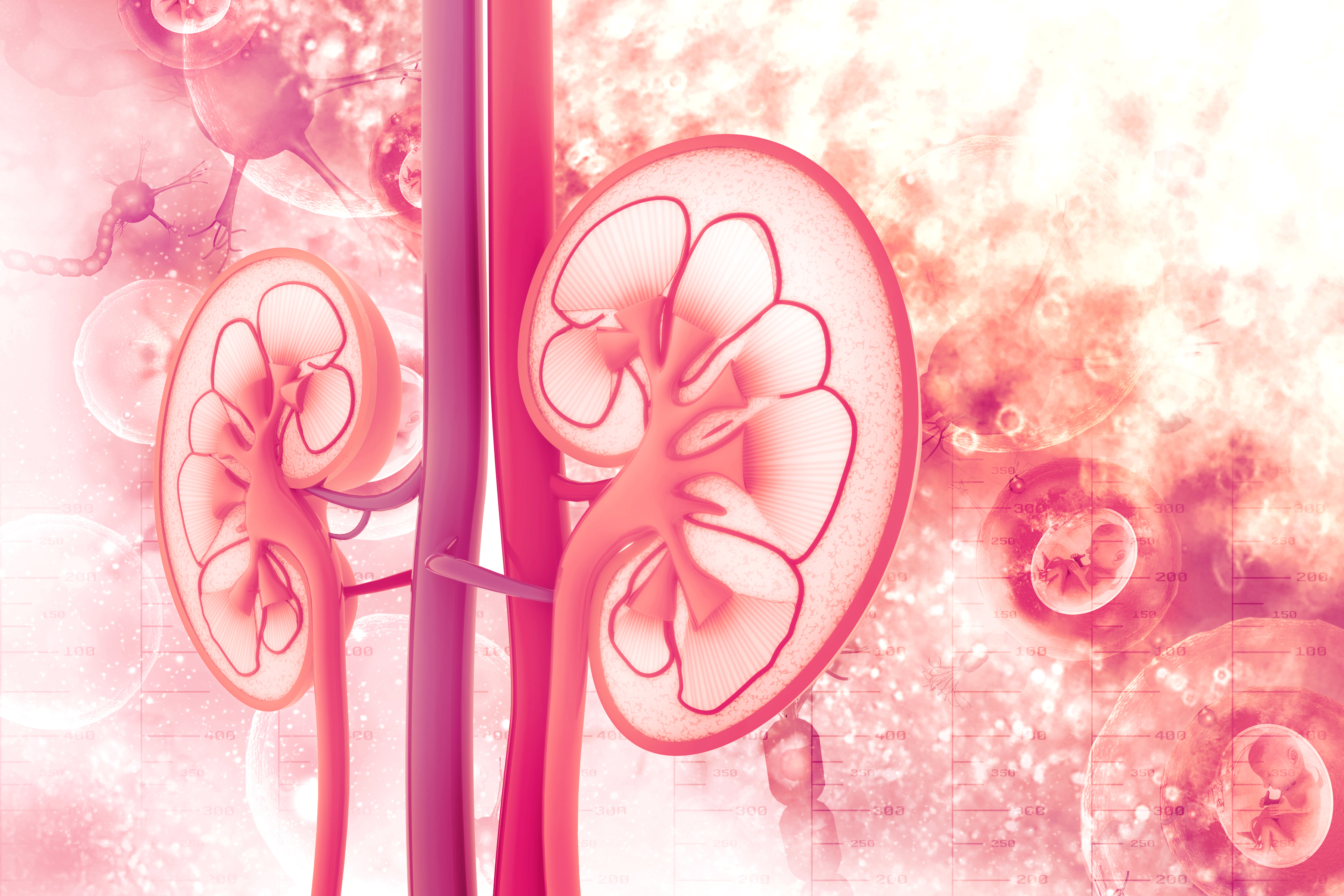Kidney Stones & Living in the Kidney Stone Belt: What You Need to Know
With summer approaching and our temperatures already rising, there’s no better time to talk about kidney stones and kidney stone prevention. Living in Arizona puts people at increased risk for developing kidney stones. Let’s talk about the symptoms and risk factors for kidney stones, as well as explain what the Kidney Stone Belt is – which we are part of in Arizona. I’ll also include some tips to help you prevent kidney stones.
What are Kidney Stones?
Kidney stones, or “nephrolithiasis,” are small, hard deposits made from minerals and salts that form inside your kidneys. They may affect several different parts of your urinary tract anywhere from your kidneys to your bladder. There are no definite causes of kidney stones. However, there are factors that put people at increased risk for developing them. Although passing kidney stones may be incredibly painful, they generally don’t cause permanent damage.
Symptoms of Kidney Stones
In many cases, identifying the symptoms of kidney stones is very challenging since people often don’t experience symptoms. Symptoms occur when the stones start to move around in the kidneys or try passing during urination. Symptoms include:
- Extreme pain in the back and side, below the ribs
- Pain in the lower part of the abdomen and groin
- Pain during urination
- Pink, red or brown urine that may appear cloudy
- Feeling of needing to urinate constantly
- Urinating in frequent, small amounts
*Note: It is not unusual for the pain associated with kidney stones to change in terms of location and intensity as this is common as they move through your urinary tract.
Kidney Stones Risk Factors
There are several risk factors for developing kidney stones, including:
- Family or personal history: If someone in your family has had kidney stones. Or, if you’ve had a previous history of them.
- Dehydration: Not drinking enough water each day, especially if you live in a warm and/or dry climate like Arizona.
- Certain eating habits: Eating a diet that is high in sodium, protein and sugar.
- Being overweight: A high BMI (Body Mass Index) or large waist size
Treatment Options for Kidney Stones
Depending on the size of the kidney stones, patients may either wait for the kidney stones to pass or seek medical intervention. With smaller kidney stones, patients may drink large amounts of water and take over-the-counter pain relievers to let them pass on their own through urination. Conversely, larger kidney stones may require medical intervention, which may include surgery. These surgeries may involve the use of a small scope or sound waves to break up and remove the kidney stones.
What is the Kidney Stone Belt?
The Kidney Stone Belt refers to the area located in the southern part of the U.S. that is linked to higher occurrences of kidney stones compared to the rest of the country. The states located in this region have warmer climates, making individuals more susceptible to dehydration. As mentioned, dehydration is one of the main risk factors associated with developing kidney stones. Dehydration contributes to fluid loss and low urine volume, which puts individuals in the southern states at higher risk of developing kidney stones. Arizona is included in the Kidney Stone Belt, and we see a lot of patients with kidney stones in our practice.
How Can I Prevent Kidney Stones?
Although kidney stones aren’t completely preventable, there are some measures to take to reduce the risk of developing them. These are all simple diet and lifestyle choices.
- Limit the amount of animal protein, sodium and sugar that you eat
- Drink at least eight ounces of water a day
- Maintain a healthy weight
- Eat a balanced diet, specifically one with high-fiber, nutrient-rich fruit, vegetables, whole grains and lean protein
If you think you may be experiencing symptoms related to kidney stones, it’s important to seek treatment. Howard Tay, MD, is an experienced, board-certified urologist, who has several years of experience treating patients with kidney stones. Contact us to schedule an appointment at (602) 337-8500.

